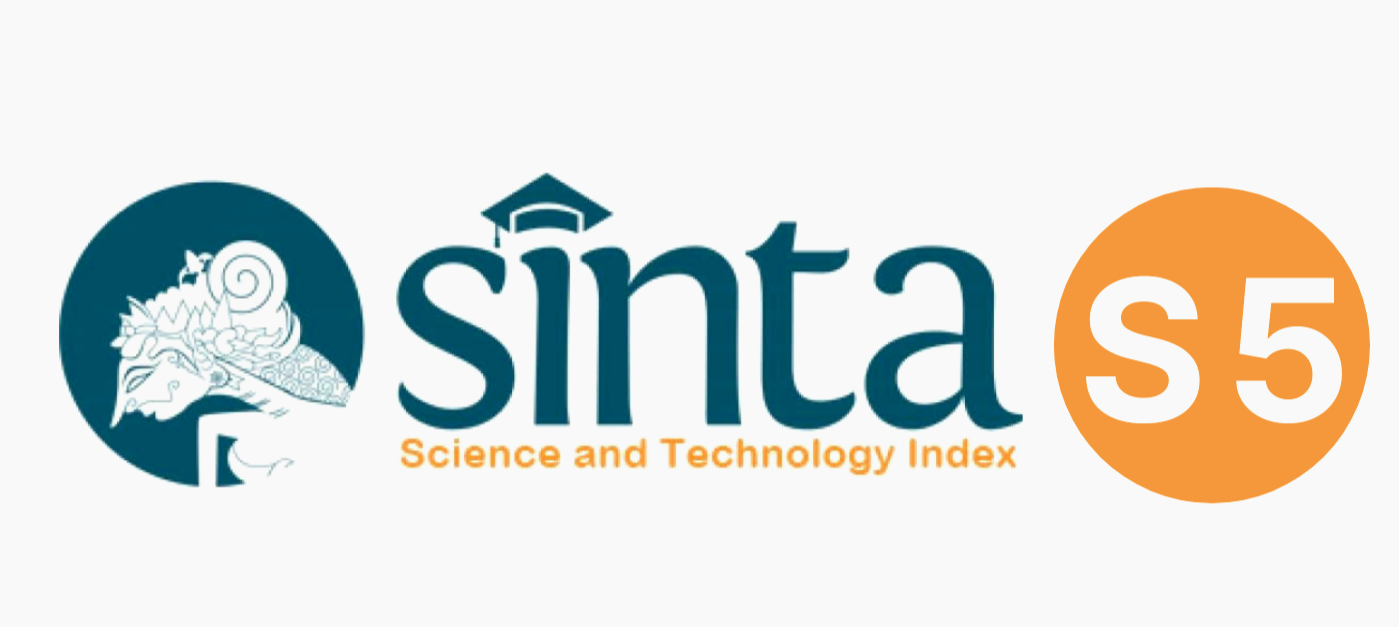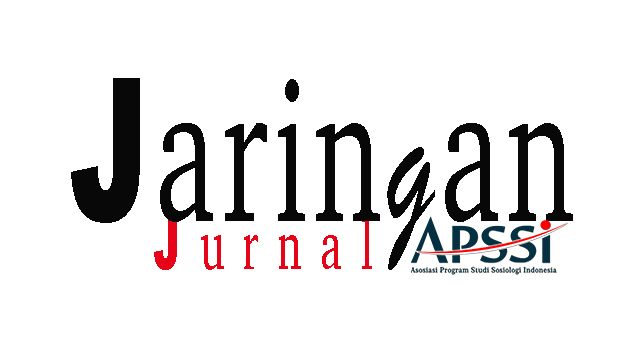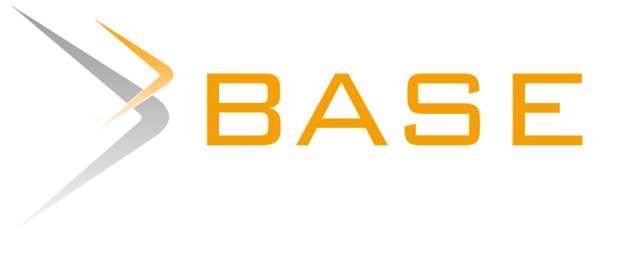Evaluasi Program Corporate Social Responsibility Pt Medco E&P Indonesia: Studi Tingkat Kepuasan Masyarakat Terhadap Program Bibit Karet Organik Di Kecamatan Bts-Ulu Kabupaten Musi Rawas
 Abstract: 186
/
Abstract: 186
/  Abstract: 36
Abstract: 36
DOI:
https://doi.org/10.47753/je.v3i2.65Keywords:
BUKOR, Community Satisfaction Rate, Medco E & P, Musirawas.Abstract
This research was conducted in six villages located in BTS-ULU Subdistrict, Musirawas Regency, South Sumatra Province. The research aims to measure the level of community satisfaction with organic rubber seedling (BUKOR) programs developed by PT Medco E & P Indonesia. The BUKOR program itself is actually a form of PT Medco E & P Indonesia's CSR (Corporate Social Responsibility) program. The research was conducted using a quantitative approach. The population of research was all community in BUKOR program participants in six villages namely Sungai Naek Village, Sungai Bonot Village, Pangkalan Tarum Village, Gunung Kembang Village, Lubuh Pauh Village, and Pelawe Village which were known amount of 159 people. Samples were taken as much as 50% of the total population and adjusted with the number of people from each village so that the number of samples was 81 people. Data collection techniques used are documentation and questionnaires. The results of the research revealed that the level of community satisfaction with the BUKOR program in the six research villages was included in the category of satisfied and very satisfied. The level of community satisfaction in the satisfied category is in Sungai Naek Village, Sungai Bonot Village, Pangkalan Tarum Village, Gunung Kembang Village. While the level of community satisfaction with very satisfied categories is in Lubuh Pauh Village and Pelawe Village.References
Ambadar, J. 2008. CSR dalam Praktik di Indonesia: Wujud Kepedulian Dunia Usaha. Jakarta: PT. Elexmedia Komputindo
Adi, Isbandi Rukminto. 2002. Pemikiran-pemikiran dalam Pembangunan Kesejahteraan Sosial. Jakarta; Lembaga Penerbit Fakultas Ekonomi Universitas Indonesia
Barker, George R. 1997. “Social Capital and Policy Development†Dalam David Robinson, Social Capital and Policy Development. Wellington : Institute of Policy Studies.
Creswel, JW. 2009 Research Design : Qualitative, quantitative, and mixed methoda approaches. Sage: Thaousand Oaks, CA
Conyer, Diana. 1992. Perencanaan Sosial di Dunia Ketiga ( Penterjemah Susetiawan). Yogyakarta : Gadjah Mada University Press
Edi Suharto. 2005. Membangun Masyarakat, Memberdayakan Rakyat. Bandung: PT. Retika Adhitama.
Endri. 2007. Konsep Corporate Social Responsibility Dan Praktiknya Di Indonesia. Ilmu Dan Budaya,
Everett Rogers and F. Floyd Shoemaker : Communication of Innovations
Fauzi, A. 2004. Ekonomi Sumber Daya Alam dan Lingkungan. Jakarta : PT.Gramedia Pustaka Utama
Field, John. 2014 . Modal Sosial (Penterjemah Nurhadi). Yogyakarta : Kreasi Wacana Offset
Hanafi, A. 1987. Memasyarakatkan Ide-ide Baru. Surabaya: Usaha Nasional Press.
Hikmat, H. 2010. Strategi Pemberdayaan Masyarakat. Bandung: Humaniora Utama Press.
Ife, Jim and Tesoried, Frank. 2008. Community Development : Alternative Pengembangan Masyarakat di Era Globalisasi ( Terjemahan). Yogyakarta: Pustaka Pelajar
J, Elkington. 1997. Cannibal With Forks, The Tripple Bottom Line of Twentieth Century Business. London : Capstone Publishing
Keputusan Menteri PAN Nomor: KEP/25/M.PAN/2004. 2004. Matriks Indikator, Sub Indikator dan Item Pertanyaan Untuk Menganalisis Kualitas Pelayanan. Jakarta: Kementerian PAN RI.
Lanin, I. 2012. Tujuh Subjek Inti Tanggung Jawab Sosial Menurut ISO 26000. [serial online]. http://ivan.lanin.org/tujuh-subjek-inti-tanggung-jawab-sosial-menurut-iso-26000.
Mardikanto dan Soebiato. 2013. Pemberdayaan Masyarakat Dalam Perspektif Kebijakan Publik. Bandung : Alfabeta
Marjuki dan Edi Hartono. 1996. Perubahan Sosial dan Perencanaan Sosial. Bandung: STKS
Maslow, A. H. 1994. Motivasi dan Kepribadian: Teori Motivasi Dengan Pendekatan Hierarki Kebutuhan Manusia. Jakarta. PT. Pustaka Binaman Pressindo
Mubyarto. 2004. Pemberdayaan Ekonomi Rakyat dan Peranan Ilmu-ilmu Sosial. Yogyakarta : Aditya Media
N.Gregory, Mankiw, 2007. Makroekonomi edisi keenam.Jakarta; Erlangga
Nuraeni, R. 2014. Indeks Kepuasan Masyarakat (IKM). Tesis. Pascasarjana Institut Pertanian Bogor.
Philip, Kotler and Nachy Lee. 2005 Corporate Sosial Responcibility : Doing the Most Good For Your Cause. Hoboken : New Jersey
Program CSR. [serial online]. https://core.ac.uk/download/files /379/11714857.pdf.
Roger, E.M. dan F.F. Shoemaker. 1983. Diffusion of Innovation. New York : Free Press
Sambodo, dkk. 2012. Petunjuk Pelaksanaan CSR Bidang Lingkungan. Jakarta: Bidang Komunikasi Lingkungan dan Pemberdayaan Masyarakat.
Sriati. 2013. Metode Penelitian Sosial. Palembang : Universitas Sriwijaya Perss
Suharto, Edi. 1997. Pembangunan, Kebijakan Sosial dan Pekerjaan Sosial: Spektrum Pemikiran. Bandung : Lembaga Studi Pembangunan STKS
Sugiyono. 2008. Metode Penelitian Kuantitatif Kualitatif dan R&D. Bandung: Alfabeta.
Team CSR. 2013. Laporan Kegiatan Budidaya Karet Organik (BUKOR) Program Pemberdayaan Masyarakat. Palembang : PT.Medco e & P Indonesia
UNCED. 1992 . The Rio Declaration on Enviromental and Development, 27 principle The Wold Community Development. Rio de Janeiro : Report of the United Nations Conference
Vaile, R & M.King (Eds). 1978. Existential phenomenologist alternatives for psycology. New York: Oxford University Press
Wardhani, I.G.A..K. 2007. Teknik Menulis Ilmiah. Palembang : Universitas Sriwijaya Press
Winardi, J. 2011. Teori Organisasi dan Pengorganisasian.Jakarta : PT.Raja Grafindo
Yuswohady. 2003. CSR dan Keunggulan Bersaing. Jakarta : Warta Ekonomi
Downloads
Published
Issue
Section
License
Articles published in Jurnal Empirika are licensed under the International License of Creative Commons Allowance-ShareAlike 4.0. The author is free to use any media to copy, change, or redistribute the paper, provided the author gives credit to the original author and this journal, links to the license, shows if modifications have been made, and redistributes it in the same permission. The author grants the right to any third party to use their posts following the Creative Commons Attribution-Share Alike International 4.0.











